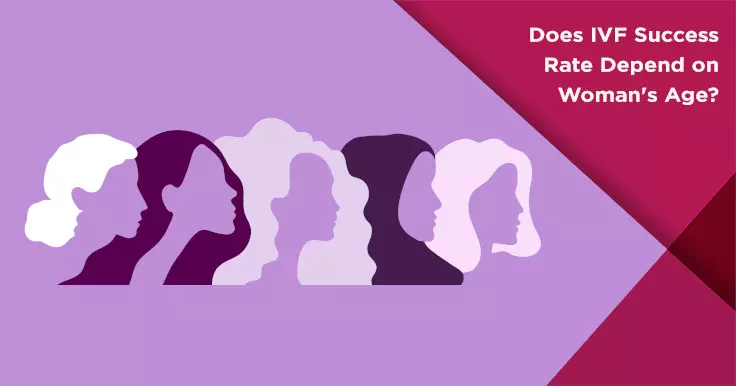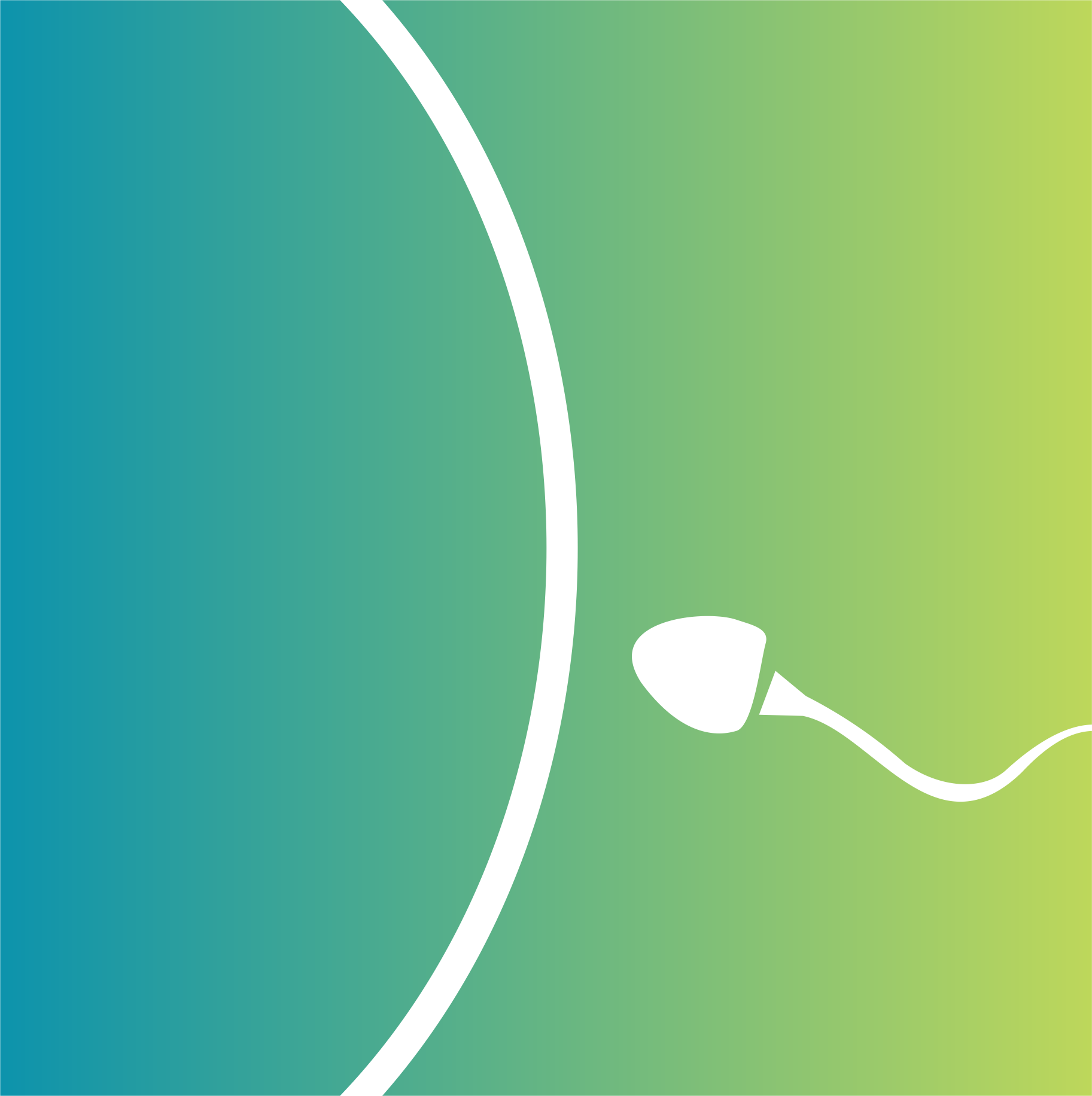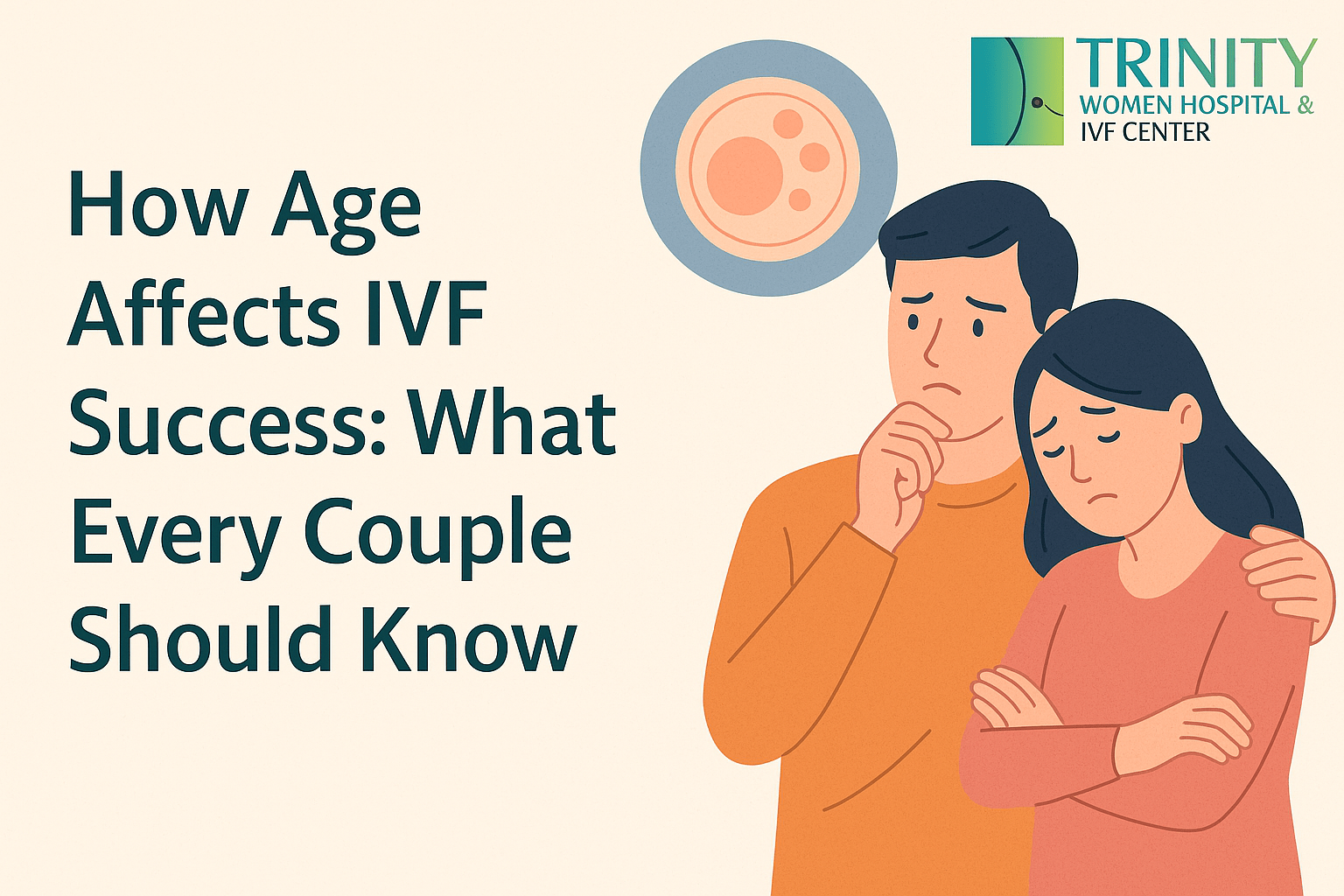When it comes to fertility, age matters more than most people realize. In today’s world, many couples wait until their 30s or 40s to start a family—but this delay can significantly affect the success of fertility treatments like IVF (In Vitro Fertilization).
In this article, we explore how age impacts egg quality and quantity, the success rates of IVF at different ages, and what options exist for older women trying to conceive. With expert guidance from the team at Trinity IVF, you’ll get clear answers to help plan your next step.

🧬 Age and Fertility: Why It Matters
Fertility naturally declines with age, especially in women. This is mainly due to:
- Reduced egg quantity (ovarian reserve)
- Decline in egg quality (chromosomal health)
- Higher chances of miscarriage or IVF failure
By age 30, fertility begins to decrease gradually. After 35, the decline becomes more rapid, and by age 40, it becomes harder to conceive—even with assisted reproductive technologies like IVF.
📊 IVF Success Rates by Age Group
Here’s a general breakdown of IVF success rates (live birth per cycle) based on maternal age:
| Age Group | Success Rate per Cycle |
| Under 35 | 45%–55% |
| 35–37 | 35%–45% |
| 38–40 | 20%–30% |
| 41–42 | 10%–15% |
| 43+ | Below 5% (with own eggs) |
Success rates vary depending on individual health, egg reserve, clinic expertise, and lab quality. At Trinity IVF, our customized treatment plans and advanced lab protocols aim to optimize success at every age.
👩🦳 Options for Older Women Trying to Conceive
Even though IVF becomes less effective with age, several solutions exist for women in their late 30s and 40s:
1. Donor Eggs
- Healthy eggs from a younger woman are fertilized with your partner’s or donor sperm.
- Success rates are higher (50–60%) since egg quality is not age-dependent.
2. Embryo Freezing (Fertility Preservation)
- Women can freeze their eggs or embryos when they are younger.
- These can be used later when pregnancy is desired, even in their 40s.
3. Preimplantation Genetic Testing (PGT)
- Helps select healthy embryos to reduce risk of miscarriage or chromosomal issues.
4. Double Stimulation IVF (DuoStim)
- Increases egg yield by stimulating ovaries twice in one cycle—useful for low reserve.
💡 Tips to Improve IVF Success at Any Age
While age is a big factor, here are evidence-based ways to boost your chances:
- Start fertility evaluation early if you’re over 30 and haven’t conceived in 6–12 months.
- Maintain a healthy weight and avoid smoking or excessive alcohol.
- Follow supplement advice (like folic acid, CoQ10, or DHEA) from your fertility doctor.
- Reduce stress, as chronic anxiety can affect hormone balance.
- Choose a fertility center like Trinity IVF with a strong lab and individualized care.
👨⚕️ Expert Insights from Trinity IVF
“We often see patients who come in their 40s after trying naturally for many years. The biggest regret they express is not starting earlier. But with today’s advancements—like donor eggs and embryo freezing—we still help many couples achieve successful pregnancies,” says Dr. , Fertility Specialist at Trinity IVF, Ahmedabad.
FAQ ❓
1. Does age really affect IVF success rates?
Yes, age is one of the most important factors in IVF success. As a woman gets older, both the number and quality of her eggs go down. IVF success is highest in women under 35. After 35, chances start to drop, and after 40, they become much lower — but not impossible.
2. Why is IVF success higher in younger women?
Younger women have healthier eggs with stronger chromosomes, which increases chances of good embryo development and pregnancy. Their body also responds better to fertility medications. That’s why doctors often suggest not waiting too long before starting IVF if you’re facing fertility issues.
3. Is there an ideal age to start IVF treatment?
The best time is usually between 25 to 35 years of age. That’s when fertility is naturally stronger. If you’re over 35 and haven’t conceived after 6 months of trying, it’s better to consult a fertility expert early to explore IVF or other treatments.
4. Can IVF still work after age 40?
Yes, but success rates are lower. Some women may need to use donor eggs if their own eggs are no longer viable. Success depends on overall health, egg quality, and how the uterus responds. At Trinity IVF, we guide women 40+ with safe, customized options.
5. How does age affect male fertility in IVF?
Men also experience a decline in fertility with age, though it’s slower. Older men may have lower sperm quality or DNA fragmentation, which can affect embryo health. Testing male fertility early helps create a better IVF plan for couples of all ages.
🧭 Conclusion: Plan Ahead and Be Informed
Time is a crucial factor in fertility. While modern IVF techniques have improved dramatically, the chances of success decrease as a woman ages. Understanding your fertility status early and exploring options like egg freezing, donor eggs, or IVF with PGT can make a huge difference.
At Trinity IVF, we offer advanced fertility solutions tailored to each age group, backed by expert care and transparent guidance.
📞 Thinking about IVF? Get your fertility assessment today at Trinity IVF and take control of your reproductive future.

